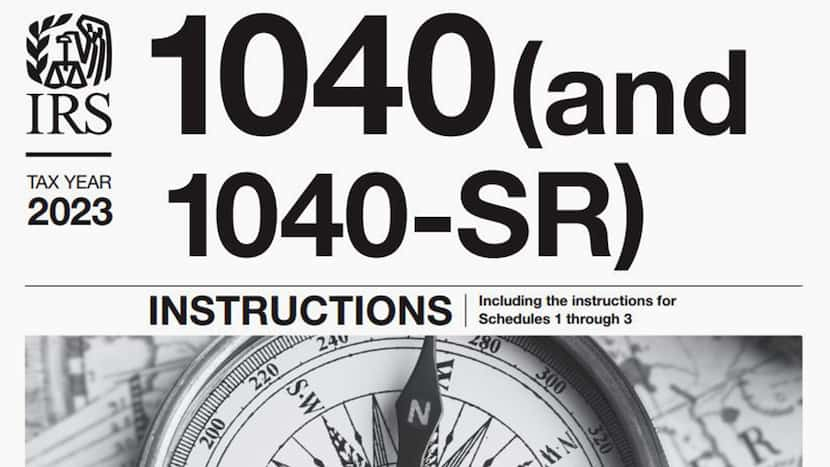I’ve been writing about scams and staying safe online for a while now, and I thought I’d share something that happened to me recently.
This is an example of the Internal Revenue Service paying attention and trying to prevent a bad thing from happening to my mother-in-law.
My wife’s mom has let an accountant file her taxes for years. She has a simple enough return, but she has been comfortable letting a professional do her taxes, which she then mailed in through the post office.
Well, this year, her accountant’s office moved to a neighboring town, and she asked if I would look at her taxes. I’d helped her with filing her return years ago after my father-in-law passed away, so I was at least familiar with all her forms.
My wife and I spent spring break at her mom’s house, and I was able to use TurboTax and file her return online. She keeps good records, and I was able to look at last year’s copy to get a handle on what needed to be done.
I’m a TurboTax fan and customer. I’ve been using them for years with great success, so getting hers set up and filed took only about 30 minutes.
Fast forward: We spent some time with my mother-in-law for Easter, and she mentioned getting a letter from the IRS.
Uh-oh?
Turns out the IRS realized she’d not filed electronically before, and the TurboTax return I filed for her set off an alarm. She got a letter asking to verify that she was the one who filed the return and it wasn’t some scammer trying to file a return using her personal information.
I had to help her log onto the IRS website, then verify her 2023 adjusted gross income and refund amount and then verify the last four digits of her bank account number because she requested a direct deposit.
I was never so happy to get a letter from the IRS. The verification took about 10 minutes to complete, including resetting the password to her IRS account login.
I know there are a lot of complaints about dealing with the IRS, but this time, their safeguards worked to protect my mother-in-law’s safety.
This experience also demonstrates what we’ve been told about the IRS. They will not reach out to you through a text, email or phone call. They’ll initiate contact by sending you a letter in the mail.
Jim Rossman is a tech columnist for Tribune News Service. He may be reached at jrossmantechadviser@gmail.com.










